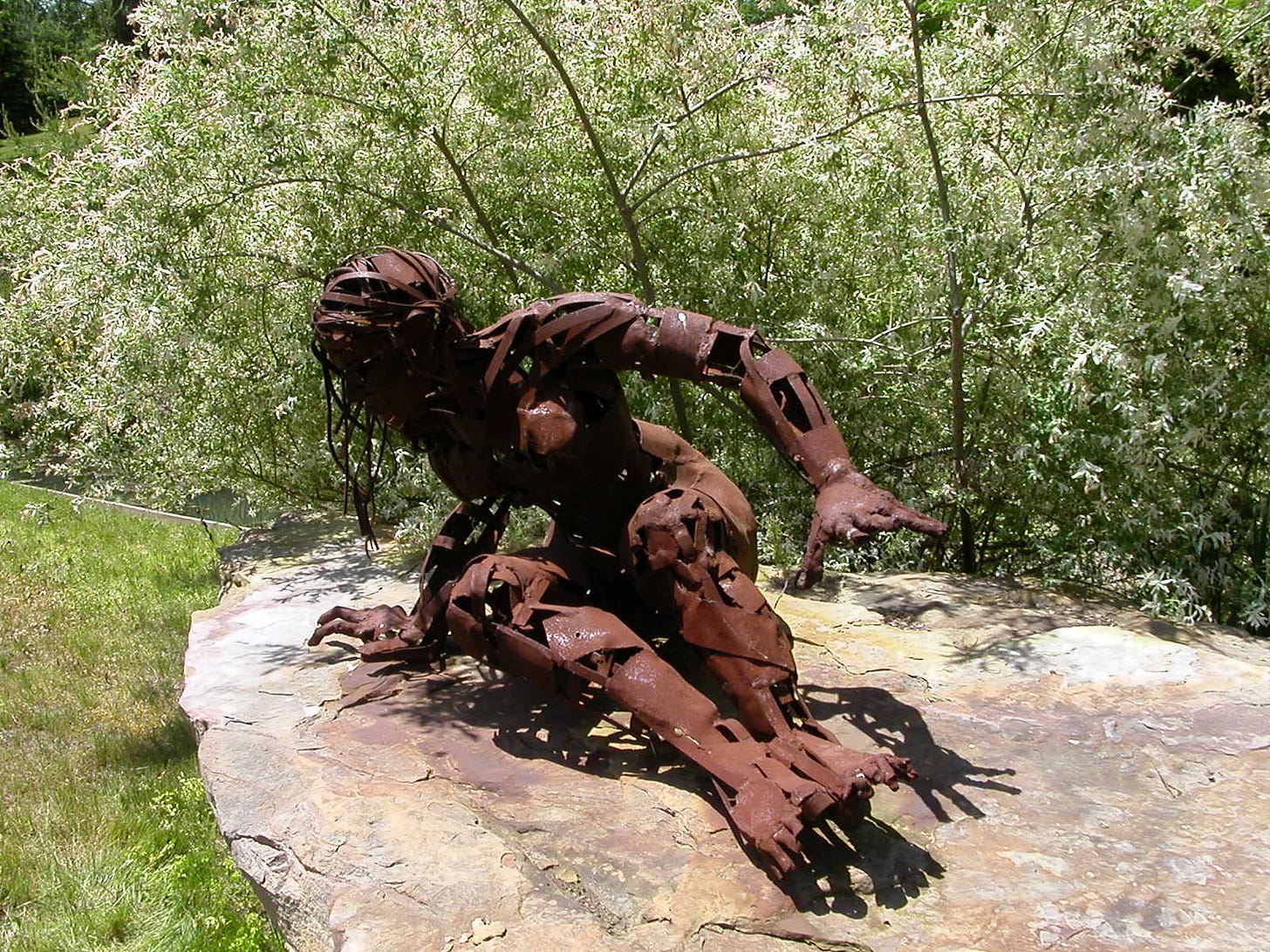Were we wrong when we demanded that universities seek to make any specific group of students “more comfortable?”
To celebrate at the centers of our culture the free discussion of ideas, to resist the establishment of any politically sanctioned or socially normed ideology, is absolutely central to our understanding of “human” life.
Universities are either a vehicle to strengthen obedience to ideas that support the interests of those with economic, social and political power, or they are a place of free speech. If they are the latter, then no one should be surprised that they are always under attack from established interests. And no one should be surprised that they make a lot of “good trouble.”
But a stronghold is only able to resist attack when its defenders understand what it is that they are defending and courageous enough to risk everything in its defense.
We who have supported higher education in the past allowed our natural concern for the wellbeing of our students to open a breach in the ramparts. It should never have been our overriding purpose to make any special group of students “comfortable.” Our communities of Women, LGBT+, Black, Jewish, and other marginalized groups deserve our love and compassion. They deserve our respect for their willingness and courage to resist the social power of majorities. We insult their integrity when we tried to make them “comfortable.” Yes, we insist that they be safe. For that there must be enforced laws. And yes, we must stand with them, as we should stand with all our brothers and sisters, whenever they are verbally attacked, insulted, and denied respect. The bully is morally evil. We do not want rules of conduct. We should not need rules of conduct. Instead, each of us must stand by the side of any who are denied the respect that all deserve.
Yet in our efforts to resist the abrasive nature of the struggle to challenge ideas, to make people comfortable in an environment whose deepest purpose is to disturb the many comforts that go with the acceptance of “established” ideas, we have opened the way for a political attack that justifies a shackling of free inquiry by claiming it is the role of government or universities to protect the “comfort” of one group of students or another. As many Jews have argued, to single out Jews as needing such coddling is an insult to Jews, is a form of antisemitism.
Of course, it is the proper role, even an essential purpose, of the State to protect all citizens from physical assault. The university is not a sanctuary for any form of outright brutality. We can and should debate the nature and extent to which any “public” (offering critical services to the public) institution should be allowed to discriminate as to entry and service to a specific group. But once we have established in law the right of entry, we should oppose all efforts to control the lawful purposes of the institution.
Let’s be clear about what those of us making this argument are saying. A university is a forum of contested ideas. In medicine, in physics, in archeology, and in social justice. If some people are made uncomfortable by what other people contend, then we have proof that the heart of the university is beating. The university as a living whole, is open to all, but only welcoming to the brave.
We must recognize that always our conquerors threaten the survival of this promise of freedom, this citadel of truth seekers, where people challenge each other’s ideas and their comfort. For our bondage is accomplished by the shackling of ideas as much by the chaining of our as bodies.
I always hesitate over these last lines of the Declaration of Independence. “… we mutually pledge to each other our Lives, our Fortunes and our sacred Honor.” They knew what they were doing, and they were willing to accept the consequences.
The search for truth, the “veritas” that is the purpose of a university will not spare any of us that ask admission. Our “discomfort” is the price we pay, and the bond we share. It is the best hope we have for a better world, perhaps even for this world’s survival.

